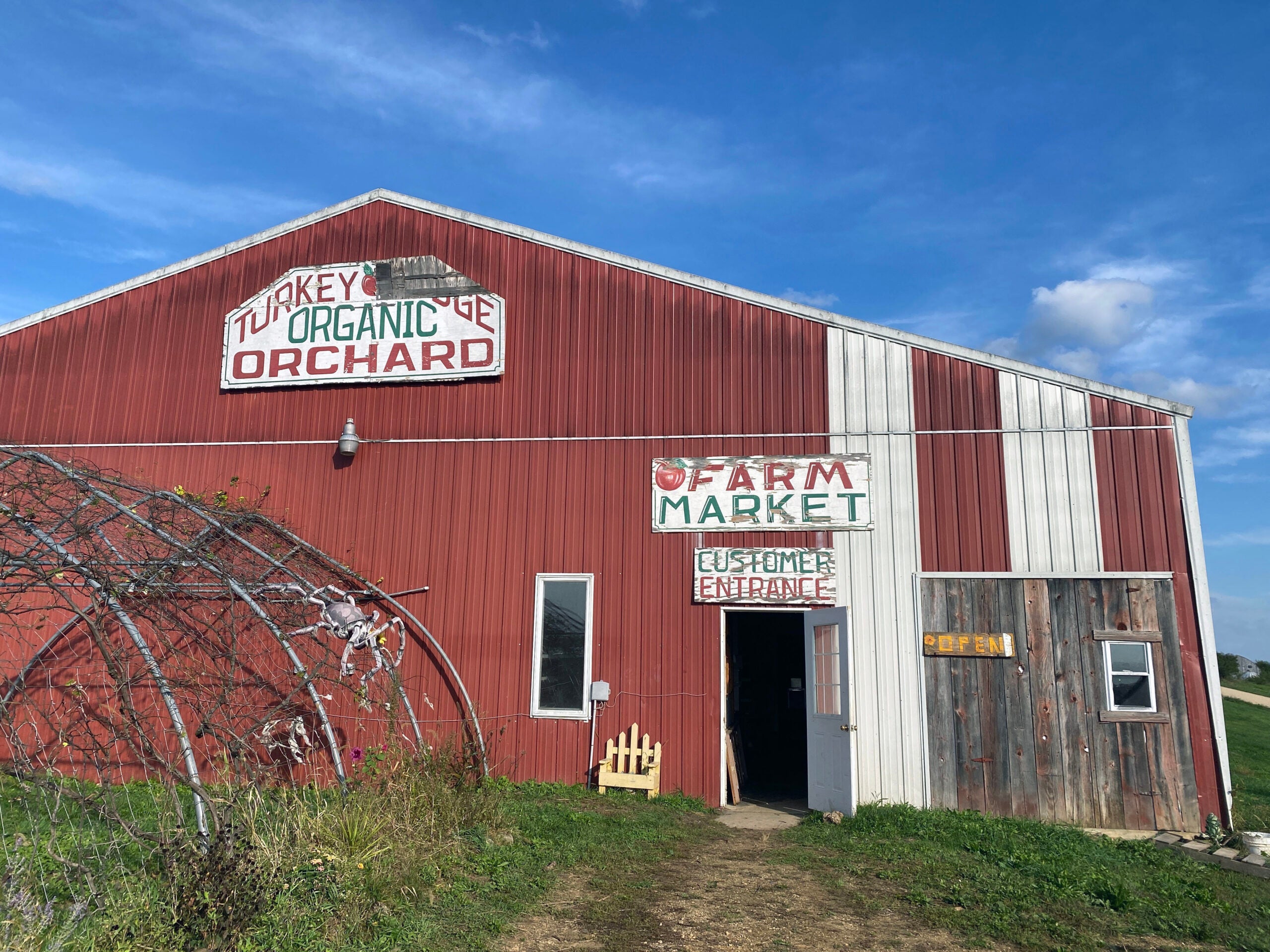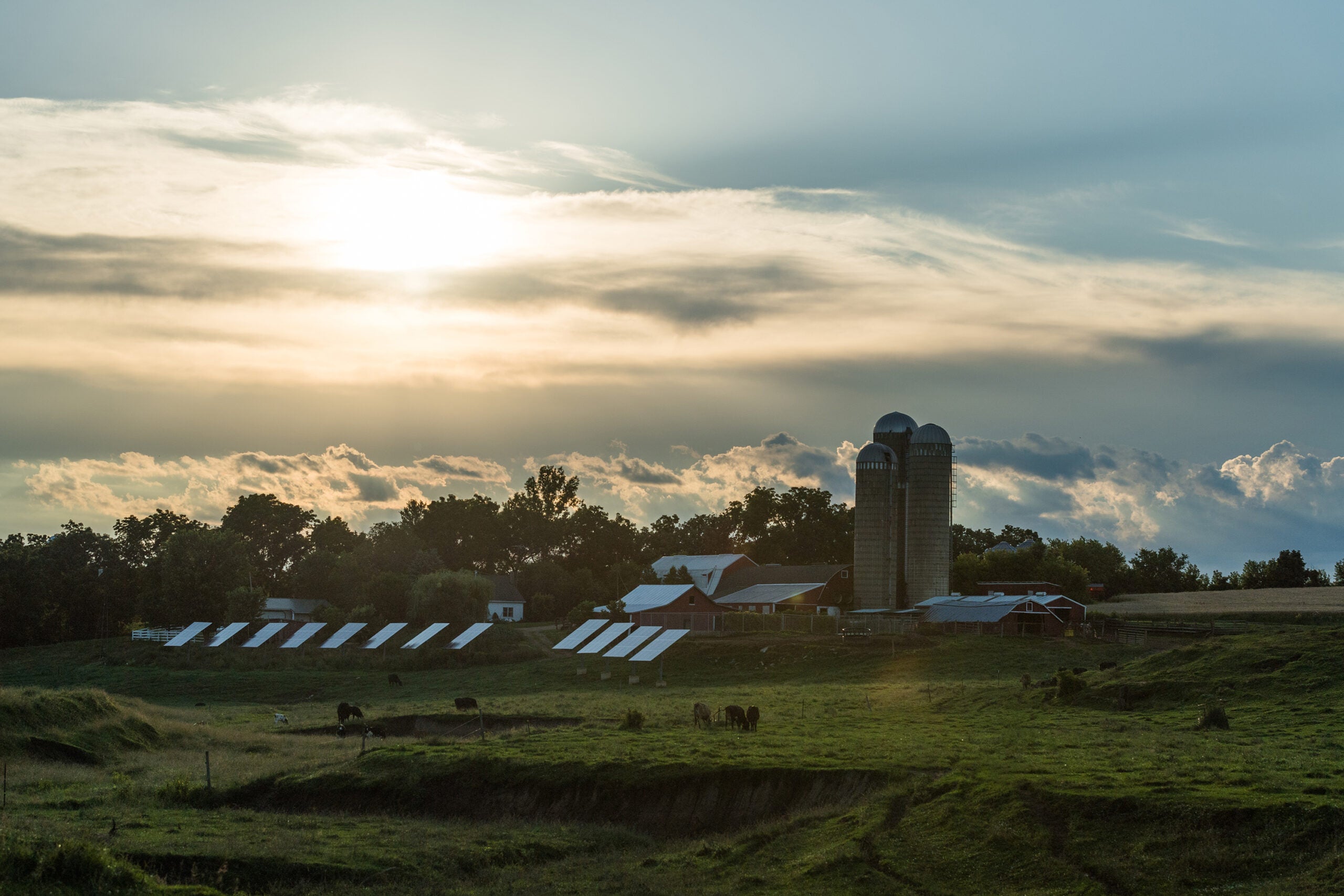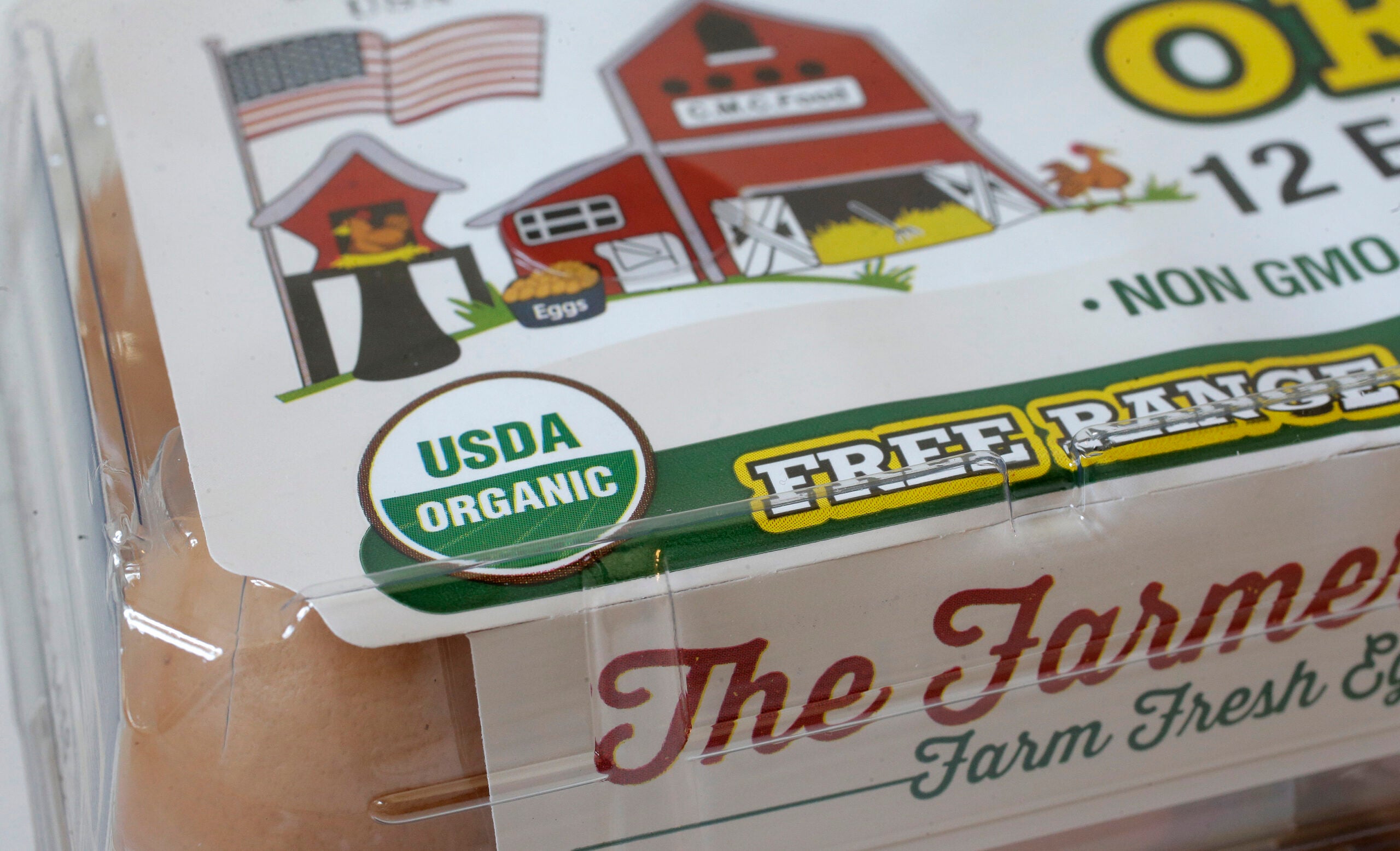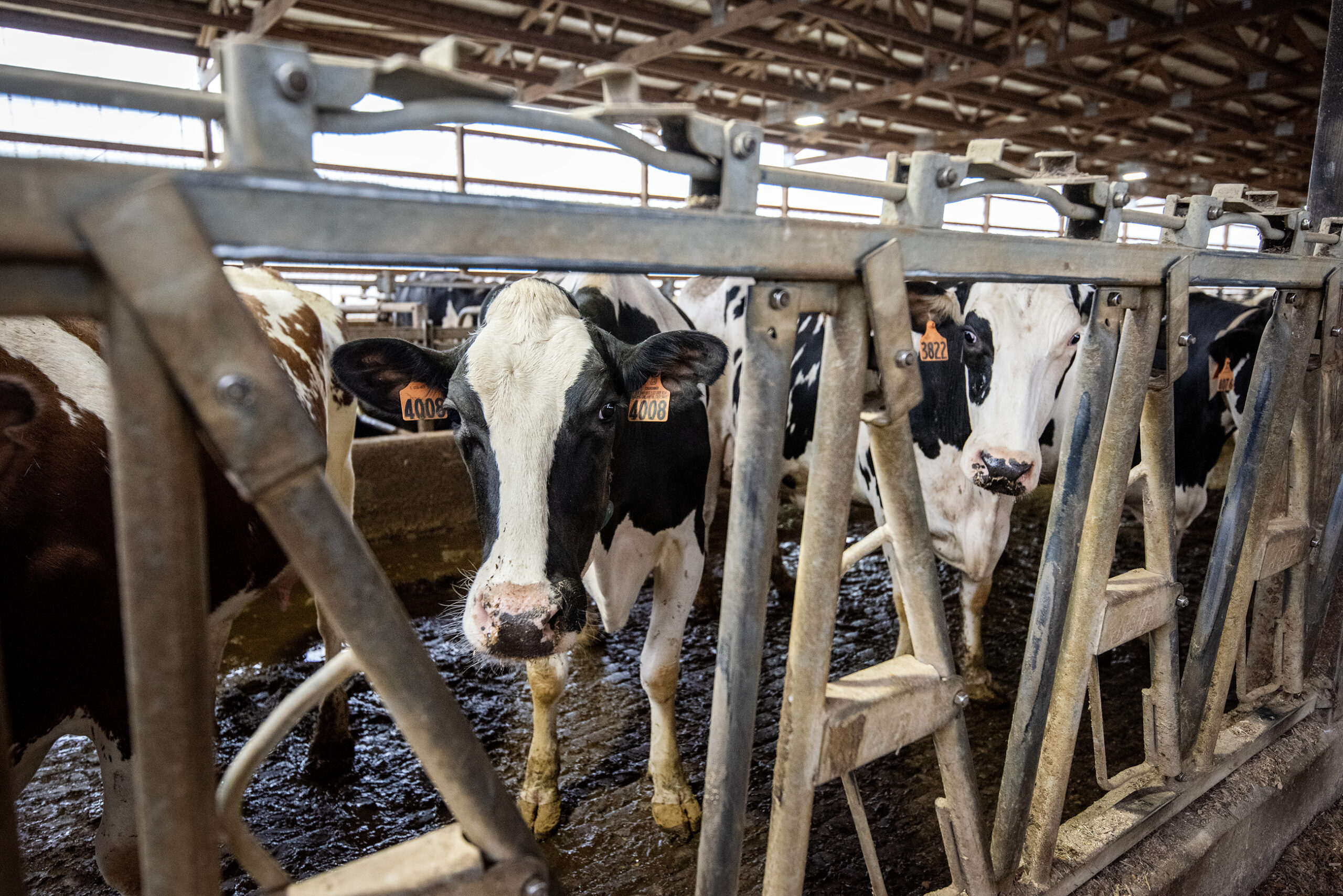Wisconsin is home to 1,455 certified organic farms, covering 245,333 acres, according to the U.S. Department of Agriculture — second only to California in the number of farms.
Nationally, the organic food industry generates just under $70 billion in sales and continues to grow, says Jennifer Tucker, associate deputy administrator of the USDA’s National Organic Program.
Because of that ongoing growth, the USDA strengthened its enforcement of organic standards earlier this year, Tucker explained.
Stay informed on the latest news
Sign up for WPR’s email newsletter.
“Anytime a market grows and becomes more complex, like the organic market has, it needs to be strengthened,” Tucker recently told WPR’s “Wisconsin Today.”
“We have products coming into the United States from around the world, from organic farms that are certified to the USDA standard,” she continued. “We needed the new rules to further protect those supply chains, so that when you reach out and select that organic product, you know it is what we say it is.”
The new rules — which tighten enforcement of the production, handling and sale of organic agricultural products — were approved as part of the 2018 Farm Bill and began being implemented in March.
Tucker talked with “Wisconsin Today” about why the strict rules are needed and how organic farms are regulated.
The following was edited for clarity and brevity.
Kate Archer Kent: Why do you think shoppers are continuing to buy organic food?
Jennifer Tucker: It is a climate-smart food solution. It emphasizes natural processes and minimal use of synthetics — genetic engineering and GMOs are not allowed. Organic agriculture really works with the environment. It supports soil and water health and biodiversity, and those are reasons why many consumers choose those organic products.
“It is truly a labor of love to get into organic and then maintain that certification.”
Jennifer Tucker
KAK: Can you explain what “certified to USDA standards” means? What is considered in classifying food as organic?
JT: You would be surprised how much math is required to protect organic integrity. For example, let’s talk about a granola bar or cereal. It has oats and almonds and dried cranberries and maybe chocolate. For that granola bar to be organic, all of those ingredients need to be organic. And that means that from the time that the seed is planted on the farm all the way through the packaging of that organic product, that product needs to be traced.
We need to make sure that there isn’t more product leaving the farm as organic than is possible to grow on that farm. We need to make sure that when that warehouse, or when that processing facility takes in a certain volume of organic oats and further processes them, that no more product is leaving that facility than came in labeled as organic.
We can trace organic products from farm to table. That’s one of the benefits of the organic standards.
KAK: Bring in the farmer here and the producer and that process that happens for farms to become certified organic. How do farms get into the system?
JT: I have so much respect for organic farmers and those who have really made that investment. Their land needs to have gone through a three-year transition period with no prohibited substances. Farmers need to do crop rotations, they need to do pest management, they need to effectively manage soil fertility. They are putting in place natural resource protection. They’re protecting biodiversity. It is truly a labor of love to get into organic and then maintain that certification. They document all of that in an organic system plan.

Every organic farm is inspected at least once a year, so an inspector comes out, looks at what the farmer said they were going to do aligned with the standards, and then makes sure that they did that. It’s a lot of work, and we want to support (organic farmers) in any way we can.
KAK: I have heard the sentiment that there’s intensive paperwork for the farmer in going certified organic and staying that way, that it’s administratively labor intensive.
JT: There is certainly an added layer of record keeping that is part of the organic system. Organic farmers who are getting into the system learn those processes early on, and most report that once you get it down , you understand what is needed. So record keeping becomes a natural part of running the business.
Wisconsin Public Radio, © Copyright 2024, Board of Regents of the University of Wisconsin System and Wisconsin Educational Communications Board.






